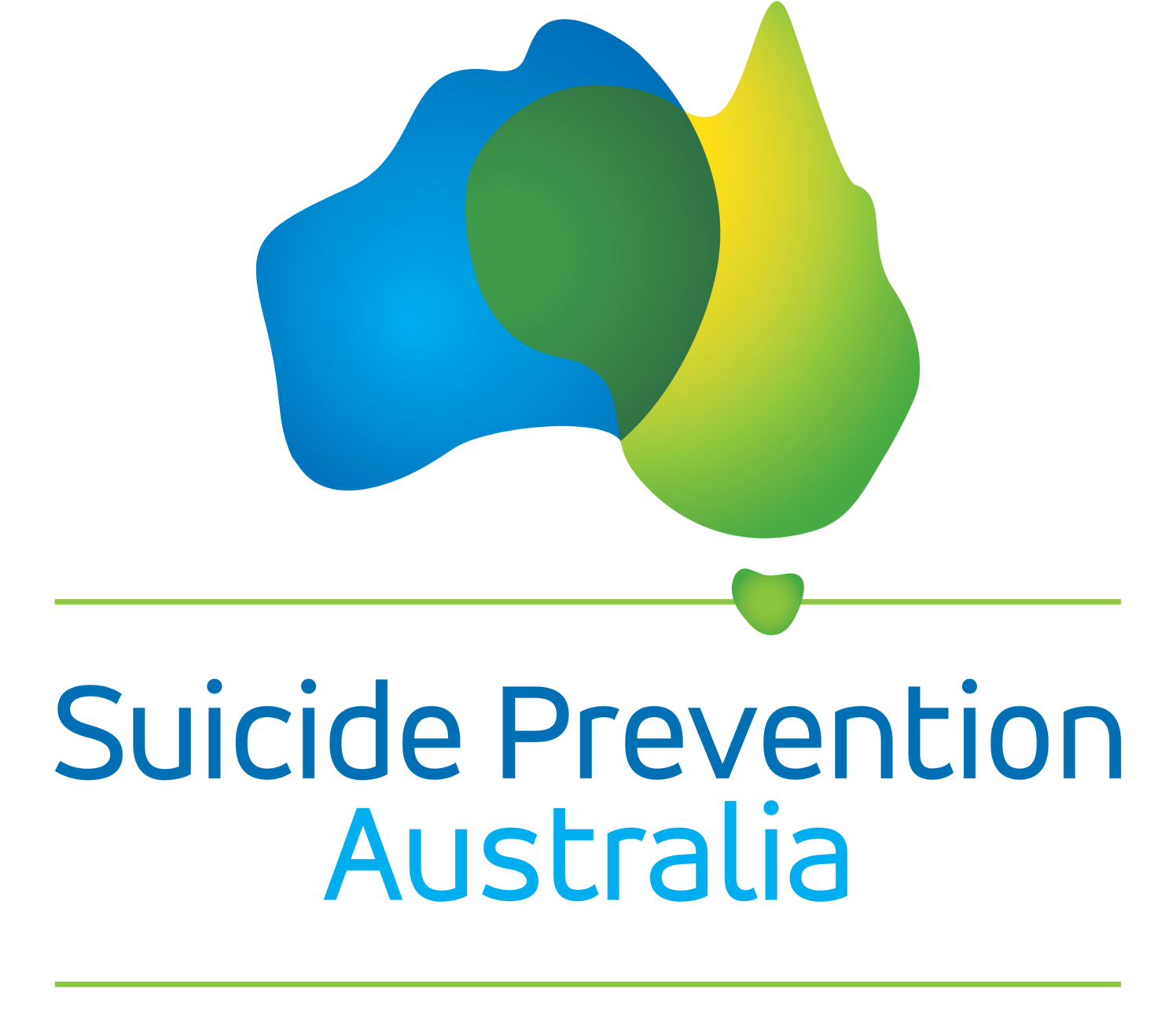People aged 60 years and over are the fastest growing age group in the Australian community. Unfortunately, depression, alcohol use, social isolation, and suicidal behaviour are also increasing in this age group, and frequently co-occur. Not only are these conditions poorly identified, but they are also regularly confounded by a number of physical health conditions that often go unreported. Further, older Australians do not typically access mental health services for these issues, and when they do, treatment responses are not always effective.
Several barriers to the access and use of traditional health services by older adults exist. These include poor mental health literacy, limited access to information and resources, mental health stigma, generational stoicism, and physical and geographical limitations. This is particularly true for mental health services where rates of treatment access by older Australians is significantly lower than for other age groups. There is a need for new and accessible intervention approaches to address some of the burdens these issues place on older Australians, their families, and the health care system.
The use of the internet, social media platforms, and health care applications has significantly increased in the last five years for Australians aged 60 years and over. Digital and web-based technologies provide an important opportunity to address depression, alcohol use problems, and social isolation, as these are significant risk factors for suicide in older Australians. The SHADE Plus research trial sought to build on the momentum of existing digital technologies by testing the effects of a 10-week online intervention for depression and alcohol use (the SHADE program) and an online moderated peer-support community (Breathing Space), on the mental health and wellbeing of Australians aged 60 years and over. These were complemented by weekly telephone check-ins for the duration of the trial, targeted towards supporting participants’ experiences of the study.
Preliminary findings from interviews with participants and notes recorded during weekly check-in calls indicate that there is a place for digital technologies like SHADE and Breathing Space in the mental health care of older adults. While motivation to engage with the autonomous digital mental health intervention varied, findings suggest that those who did engage, with the support from the check-ins, received the greatest benefit, including subjective reduction in alcohol use and increased positive mood. Generally, participants expressed strong behavioural intentions to use both technologies, which was facilitated by their digital literacy. Findings also revealed a number of factors that were considered particularly important in relation to older peoples’ decisions to use such interventions, including technical support, the inclusion of age-matched peers in the design of interventions, acknowledgement of the unique challenges and diverse experiences associated with ageing, and the inclusion of opportunities for interpersonal connection with clinicians and peers.
By leveraging growing opportunities in the digital health space, the SHADE Plus trial illuminates a new model of care for the mental health and wellbeing of older Australians which addresses the risk factors of suicide and bolsters a known protective factor—social connectedness—using a novel, web-based intervention approach. Preliminary findings point to the efficacy of SHADE, Breathing Space, and the weekly check-in phone calls, demonstrating potential for their scale-up and translation into clinical practice and community settings across Australia.


